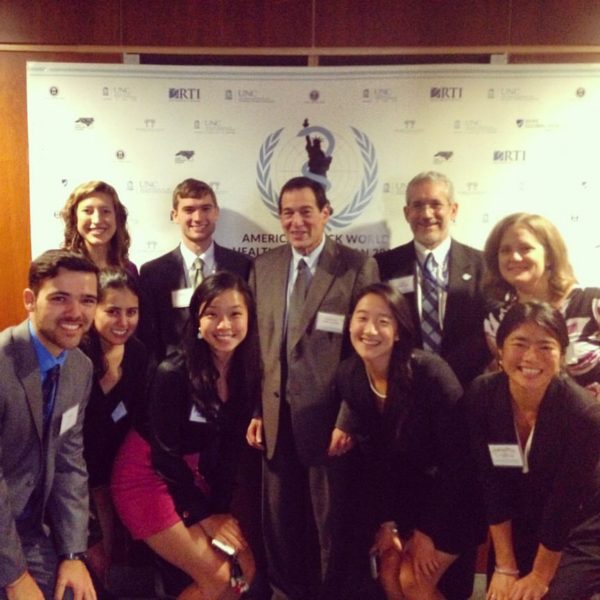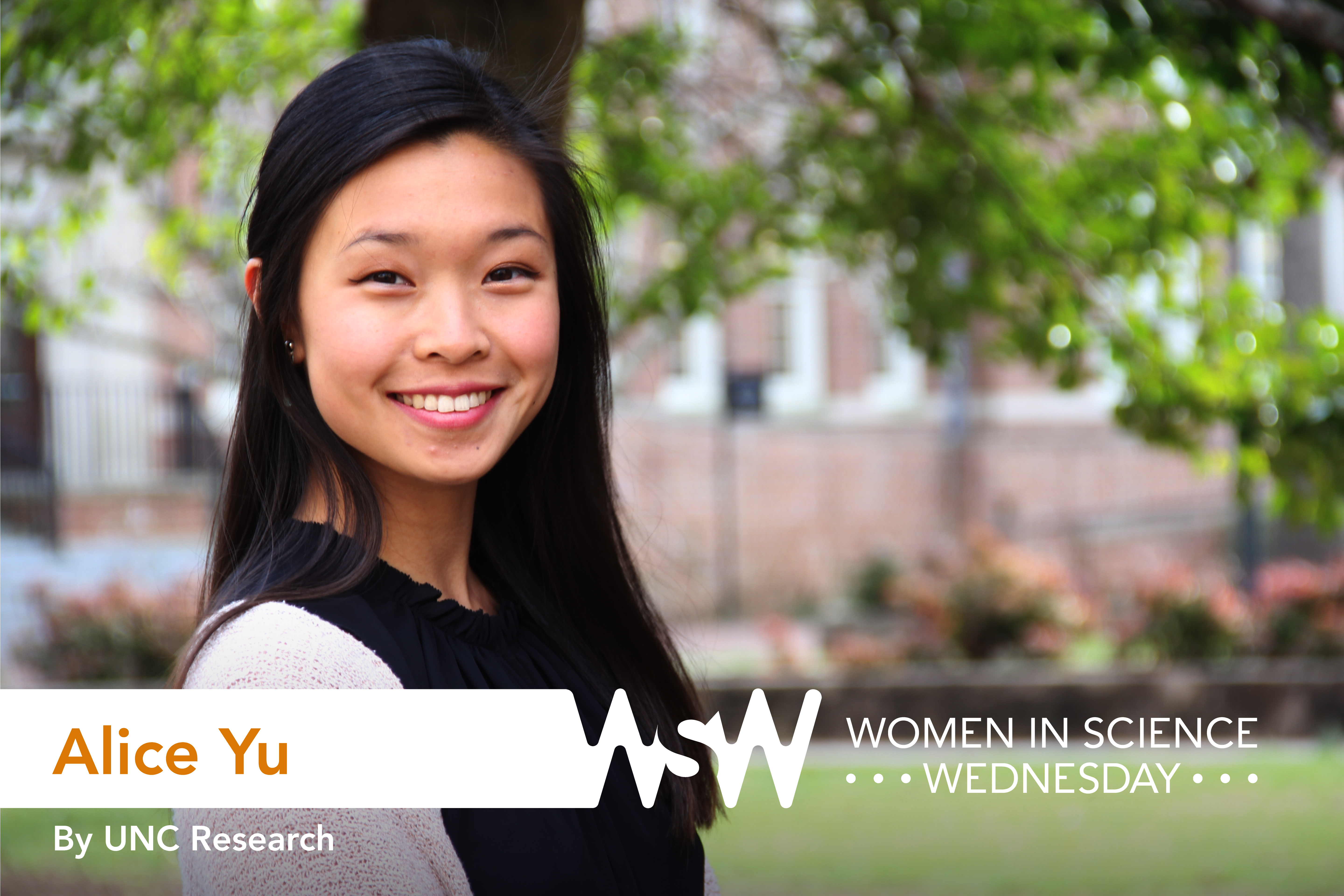When you were a child, what was your response to this question: “What do you want to be when you grow up?”
Describe your research in five words.
“Changes in Chinese dietary trends.”
When I was little, I didn’t realize that being a lawyer and being the president were two separate jobs. I told everyone that I was going to be “a doctor, a lawyer, and the president!” Around middle school, I decided to forgo being a lawyer/POTUS and pursue my interest in STEM instead.
Share the pivotal moment in your life that helped you choose research as a career path.
My mother was diagnosed with Stage I breast cancer when I was in high school. When I accompanied her to various medical appointments, it was frustrating trying to understand technical medical jargon — but it was even more infuriating when the physician would say something along the lines of: “We’re not sure. There’s a hypothesis, but more research is needed to really know.” It was only when I felt a desperate need for answers that I truly grasped how little of the natural world we really understand, and that is one of the first instances that drove me toward research. It’s a career that discovers answers for people who may also be desperately looking for solutions.

Yu (front, third from left) poses at the America’s Mock World Health Organization (AMWHO) 2015 national conference with U.S. Ambassador Jimmy Kolker and AMWHO faculty adviser Jim Herrington.
What’s an interesting thing that’s happened during your research?
One summer, I worked in the plant biology lab at Tsinghua University in Beijing, China. My lab mentor and I were doing our first-ever Southern Blot, which is a tricky and tedious method of detecting specific DNA sequences. We had prepared for days doing research and prepping all the appropriate solvents and tools. Everything was going fine until around 2 a.m., when we accidentally did our “transfer” in the wrong direction and subsequently ended up with no data. We laughed it off and did our second attempt (successfully!) just a few days later, but it was a great learning experience and an epitome of how meticulous and detail-oriented research can be.
What advice would you give to up-and-coming female researchers in your field?
Research has been historically dominated by men, but times are truly changing. Though it’s obvious that gender-based bias is not totally eliminated, I have never felt that my work was hindered, unsupported, or at a disadvantage because of my biological sex. It is important to be aware when patriarchal situations arise so you can address them head-on, but also take note of positive change and opportunities you come across that continue to promote this change.


